Home>Storage Ideas>Bedroom Storage>Hard Water Could Be Sabotaging Your Laundry—Here’s How To Fix It
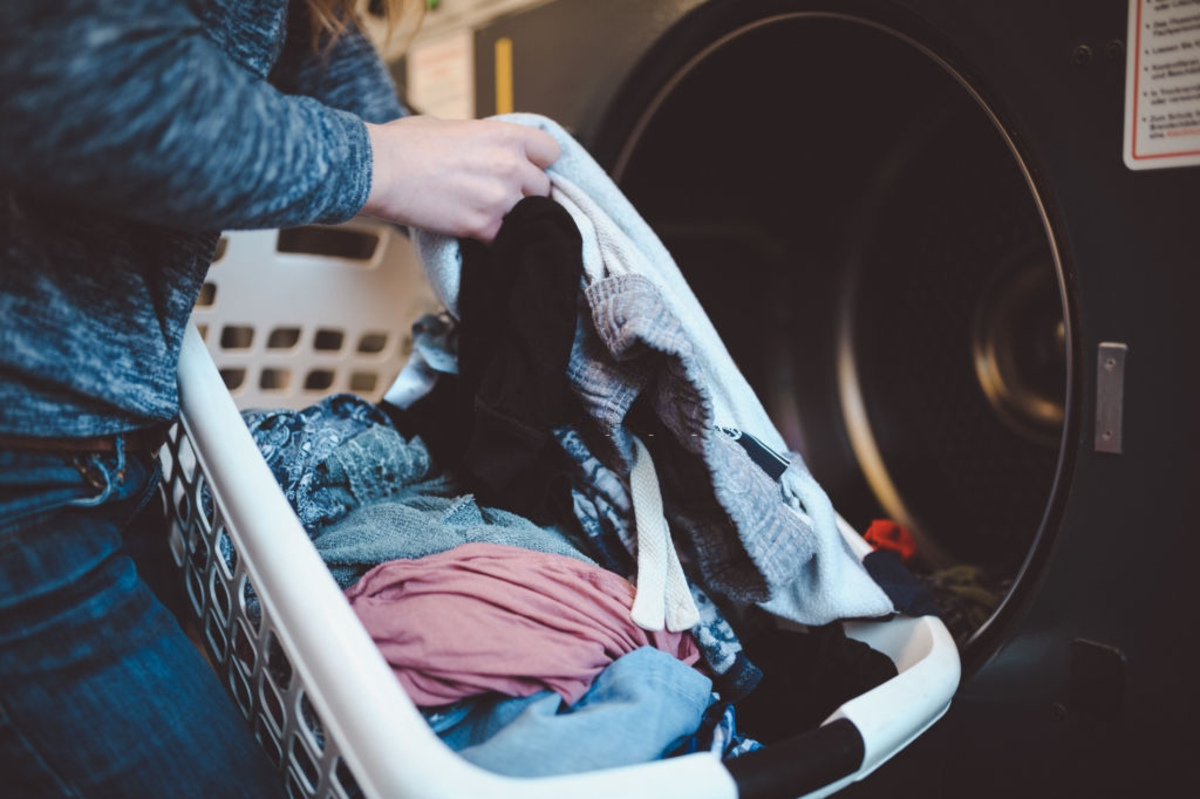

Bedroom Storage
Hard Water Could Be Sabotaging Your Laundry—Here’s How To Fix It
Modified: September 1, 2024
Don't let hard water ruin your laundry! Discover effective solutions for fixing bedroom storage issues and make your space neat and clutter-free.
(Many of the links in this article redirect to a specific reviewed product. Your purchase of these products through affiliate links helps to generate commission for Storables.com, at no extra cost. Learn more)
Introduction
Welcome to the world of laundry, where clean clothes can bring a sense of freshness and comfort to our lives. However, if you have ever noticed that your clothes don’t seem as bright and soft as they used to be, the culprit could be lurking in your water supply. Hard water, a common issue in many households, can wreak havoc on your laundry, leaving you with clothes that are dull, stiff, and less than clean.
In this article, we will dive deep into the world of hard water and its effects on laundry. You will learn what hard water is, how it impacts your clothes, and most importantly, how to fix the problems caused by hard water. By the end, you will be armed with the knowledge and techniques needed to conquer the hard water battle and achieve clean, fresh laundry once again.
So, grab your laundry basket and let’s set off on a journey to reclaim the softness and brightness of your favorite clothes!
Key Takeaways:
- Say goodbye to dingy, stiff laundry! Combat hard water issues with the right detergent, water softener, and vinegar rinse to restore the vibrancy and softness of your clothes.
- Tackle hard water laundry problems head-on! Test water hardness, pre-treat stains, and consider a water conditioner to keep your clothes clean, fresh, and vibrant.
Understanding Hard Water and its Effects on Laundry
Before we delve into the fixes, let’s first understand what hard water is and how it affects your laundry. Hard water is water that is rich in minerals, particularly calcium and magnesium. These minerals are present in the water due to the natural geological composition of the area or from the water source itself.
So how does hard water impact your laundry? Well, when you use hard water to wash your clothes, the minerals in the water can interfere with the cleaning process. Soap and detergents have a harder time lathering and forming suds in hard water, which prevents them from effectively removing dirt, stains, and odors from your clothes. This can leave your laundry looking less clean and smelling less fresh than desired.
Furthermore, the minerals in hard water can leave a soap residue on your clothes. This residue can make fabrics feel stiff and scratchy, diminish the brightness of colors, and make whites appear dingy and dull. Over time, the mineral buildup can even reduce the lifespan of your clothes, causing them to wear out and become threadbare sooner.
So, if you’ve noticed that your clothes don’t seem as clean or vibrant as they should be, hard water could be the culprit. But fear not! We’re here to guide you through the process of restoring the beauty and softness of your laundry.
Common Laundry Problems Caused by Hard Water
When it comes to laundry, hard water can cause a variety of frustrating problems. Let’s explore the most common issues you may encounter and how they are influenced by hard water.
Dingy and dull clothes
Hard water can be the culprit behind clothes that appear dingy and lackluster. The mineral deposits in hard water can cling onto fabrics, creating a film that dulls the brightness of colors and whites alike. As a result, your once vibrant clothes may lose their vibrancy over time and start to look drab.
Soap residue
Soap and detergents have a difficult time dissolving and rinsing away in hard water. This can lead to soap residue being left behind on your clothes, even after rinsing. The residue not only makes fabrics feel stiff and scratchy, but it can also act as a magnet for dirt and grime, making them look dirtier than before. Additionally, the leftover soap residue can accumulate in your washing machine, leading to clogs and decreased efficiency.
Stiff and scratchy fabrics
One telltale sign of hard water laundry issues is the stiffness and scratchiness of your clothes. The minerals in hard water create a buildup on fabrics, making them lose their natural softness. Even after drying, your clothes may feel rough to the touch, leading to discomfort when worn. This can be especially bothersome for those with sensitive skin or those who prefer the cozy feeling of soft fabrics against their skin.
These common laundry problems caused by hard water can be frustrating, but there are solutions to combat them. In the next section, we will discuss step-by-step how to fix these hard water issues and restore the vitality and comfort to your laundry.
Steps to Fix Hard Water Issues in Laundry
Don’t worry! There are several steps you can take to tackle the hard water issues in your laundry. Let’s dive right in and explore each step in detail:
1. Test your water hardness
The first step in solving your hard water laundry woes is to determine the level of hardness in your water. You can purchase a water hardness testing kit from a hardware store or have a professional test it for you. Once you know your water hardness level, you can better understand the extent of the problem and choose appropriate solutions.
2. Use the right amount of detergent
When dealing with hard water, it’s important to use the correct amount of laundry detergent. Hard water requires more detergent to create enough suds and effectively clean your clothes. Check the manufacturer’s recommendations on the detergent packaging and adjust the amount accordingly. Using too little detergent will leave your clothes improperly cleaned, while using too much can leave behind residue.
3. Add a water softener
A water softener is a great tool for combating the effects of hard water on your laundry. These products contain special chemicals or salts that help remove the minerals responsible for hardness from the water. Add a water softener to your washing machine or use a laundry additive specifically designed for hard water. This will help improve the cleaning power of your detergent and prevent mineral buildup on your clothes.
4. Pre-treat stains
Hard water can make stain removal more challenging, as it interferes with the effectiveness of stain removers. To combat this, pre-treat stains before washing. Apply a stain remover directly to the affected area and allow it to sit for a few minutes before adding the garment to the washing machine. This will help ensure that tough stains are effectively removed and your clothes come out looking spotless.
5. Adjust water temperature
Water temperature can make a difference when it comes to hard water laundry problems. For better results, consider using warmer water settings for your wash. Hotter water aids in breaking down the minerals in hard water and helps detergents work more efficiently. However, keep in mind that not all fabrics can tolerate high temperatures, so always check the care instructions on your garments.
6. Rinse with vinegar
Vinegar can be an effective natural remedy for combating the effects of hard water. During the rinse cycle, add half a cup of white vinegar to the fabric softener dispenser or directly into the drum of your washing machine. The vinegar will help remove mineral residue from your clothes and leave them feeling softer. This method is particularly useful for towels, bed sheets, and other heavily used textiles.
Read more: How To Fix E2 Error In A Washing Machine
7. Opt for a different laundry detergent
If you’ve tried all the previous steps and still struggle with hard water laundry issues, it may be time to switch to a different laundry detergent. Look for detergents specifically formulated for hard water. These detergents often contain water-softening agents that are more effective in breaking down mineral deposits and getting your clothes cleaner.
By following these steps, you can overcome the challenges posed by hard water and achieve cleaner, softer, and brighter laundry. Don’t be discouraged – with a little knowledge and a few adjustments, you can enjoy fresh and vibrant clothes once again!
Other Tips for Dealing with Hard Water in Laundry
In addition to the previous steps, there are a few extra tips and techniques that can prove helpful in managing hard water issues in your laundry routine. Let’s explore them below:
Consider using a water conditioner
A water conditioner is a device designed to mitigate the effects of hard water throughout your home. It works by using a process called ion exchange to replace the minerals responsible for hardness with sodium or potassium ions. Consider installing a water conditioner at the source to ensure that all water flowing into your washing machine is already softened. This can provide significant benefits to your laundry and other household water needs.
Choose the right fabric softener
Fabric softeners are commonly used to improve the softness of clothes and reduce static. However, not all fabric softeners are created equal when it comes to hard water. Look for fabric softeners specifically designed for use in hard water conditions. These products often contain additional ingredients to combat mineral buildup and leave your clothes feeling softer. Also, be sure to follow the instructions and use the recommended amount for optimal results.
Clean your washing machine regularly
Hard water minerals can accumulate inside your washing machine over time, affecting its efficiency and performance. Regular cleaning of your washing machine is crucial to keep it free from mineral deposits. Periodically run an empty machine cycle with hot water and vinegar to break down any buildup. You can also clean the detergent dispenser, drum, and rubber seals. Regular maintenance will not only extend the lifespan of your machine but also improve the cleanliness of your laundry.
By considering these additional tips, you can further minimize the impact of hard water on your laundry. Remember, managing hard water is an ongoing process, and adopting these practices will help maintain the quality of your clothes while avoiding the frustrations commonly associated with hard water.
Now armed with a comprehensive knowledge of hard water and its effects on laundry, as well as effective solutions to mitigate these issues, you can confidently tackle your laundry routine with the assurance of clean, fresh, and vibrant clothing.
So, bid farewell to dingy clothes and stiff fabrics, and embrace the joy of truly clean laundry in every wash cycle!
Conclusion
Dealing with hard water in your laundry can be frustrating, but with the right knowledge and techniques, you can overcome the challenges it presents. By understanding what hard water is and how it affects your laundry, you can take proactive steps to combat the issues and achieve cleaner, softer, and more vibrant clothes.
Throughout this article, we’ve explored the common laundry problems caused by hard water, including dingy and dull clothes, soap residue, and stiff and scratchy fabrics. We’ve also provided a step-by-step guide to fix these issues, such as testing water hardness, using the right amount of detergent, adding a water softener, pre-treating stains, adjusting water temperature, rinsing with vinegar, and opting for a different laundry detergent.
In addition to these steps, we’ve offered other tips to help you deal with hard water in your laundry. Considering a water conditioner, choosing the right fabric softener, and regularly cleaning your washing machine are all effective ways to further minimize the impact of hard water.
Remember, managing hard water is an ongoing process. It’s important to stay vigilant and address any emerging issues promptly. By adopting these best practices, you can ensure that your laundry is consistently clean, fresh, and comfortable.
So, say goodbye to dingy clothes, soap residue, and stiff fabrics. Embrace the possibilities of revitalized laundry and enjoy the comfort and confidence that clean, soft, and vibrant clothes bring to your everyday life.
Don’t let hard water sabotage your laundry any longer. With the right knowledge and the right approach, you can conquer this challenge and create a laundry routine that gives you the best results every time.
Frequently Asked Questions about Hard Water Could Be Sabotaging Your Laundry—Here’s How To Fix It
Was this page helpful?
At Storables.com, we guarantee accurate and reliable information. Our content, validated by Expert Board Contributors, is crafted following stringent Editorial Policies. We're committed to providing you with well-researched, expert-backed insights for all your informational needs.

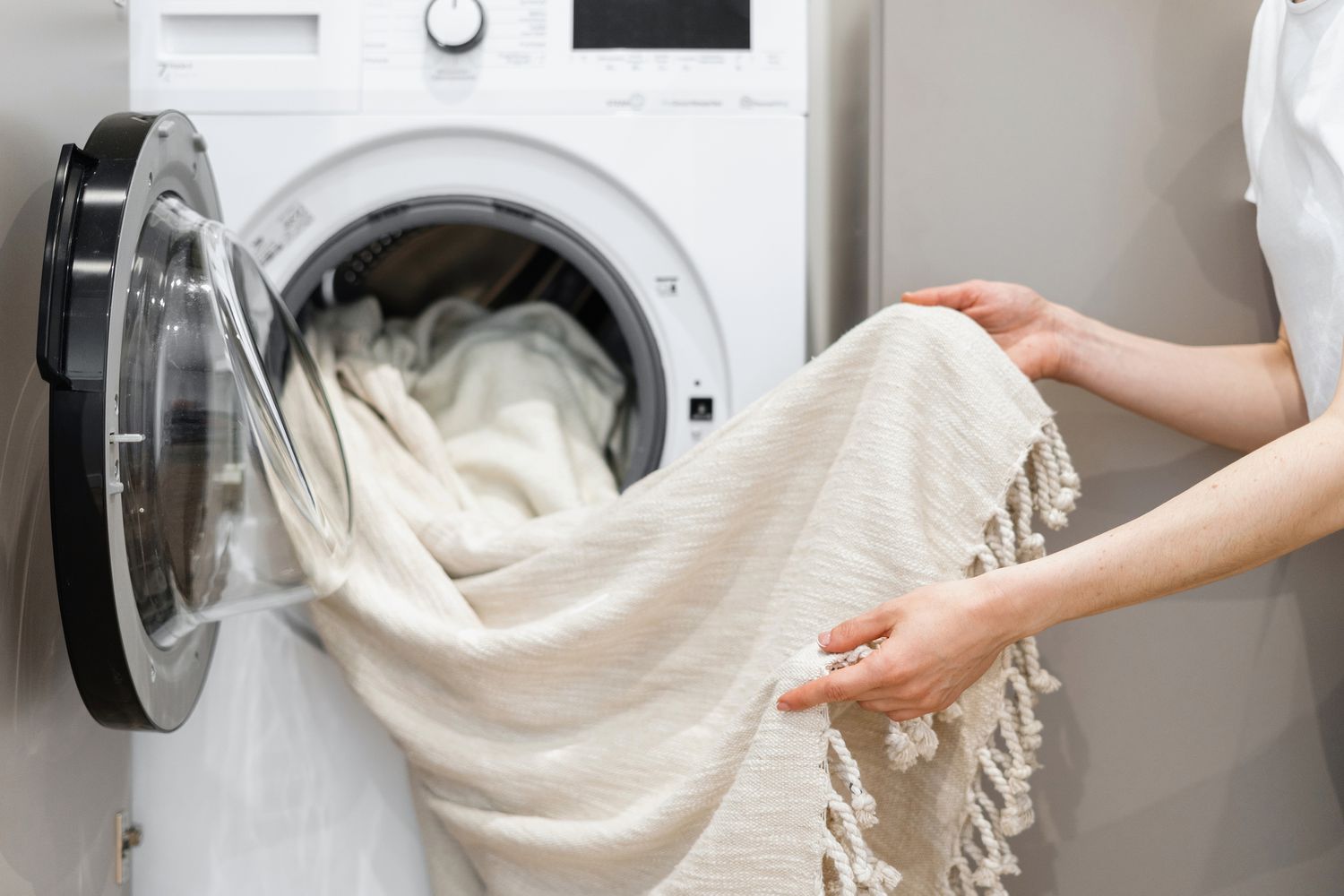
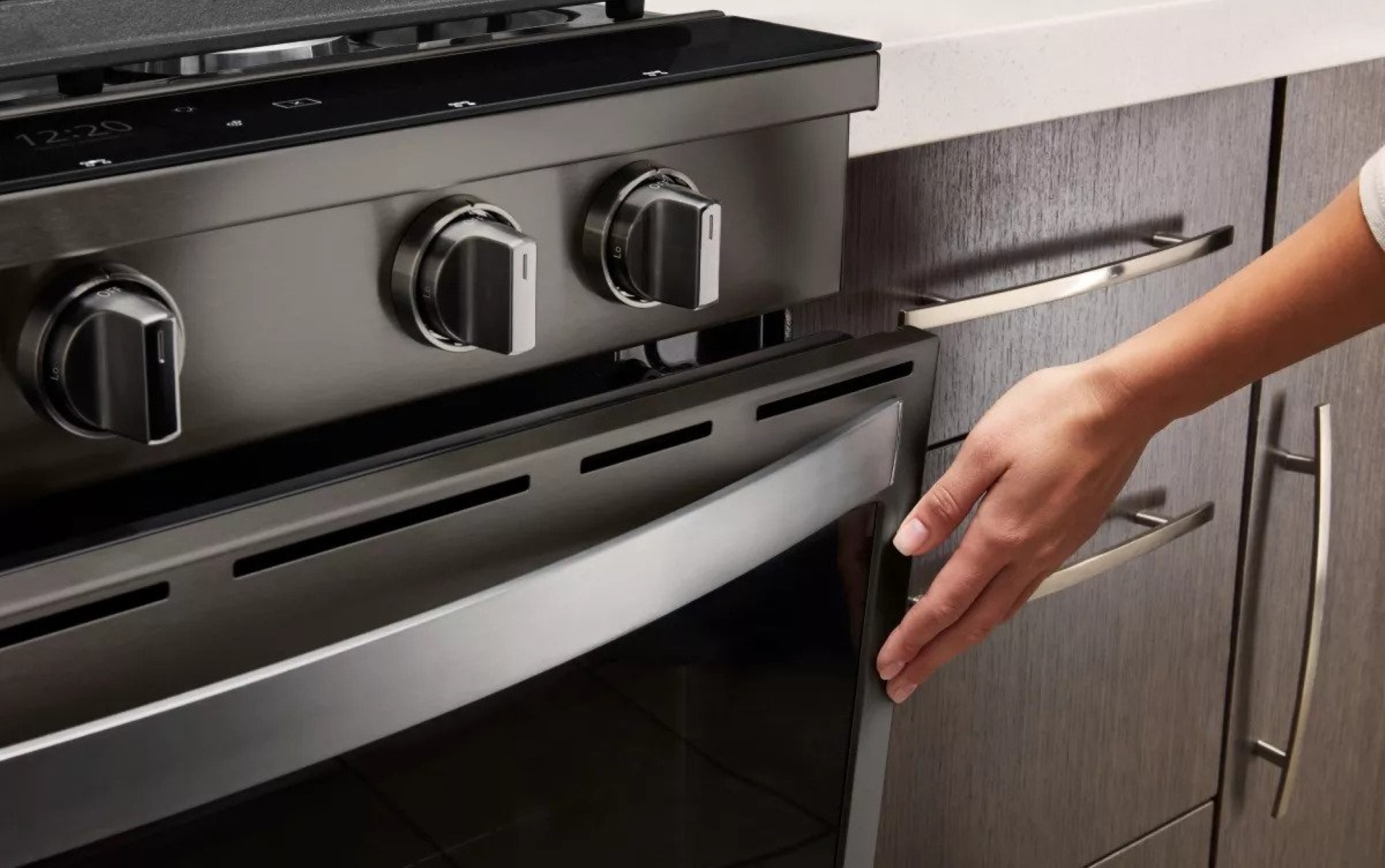
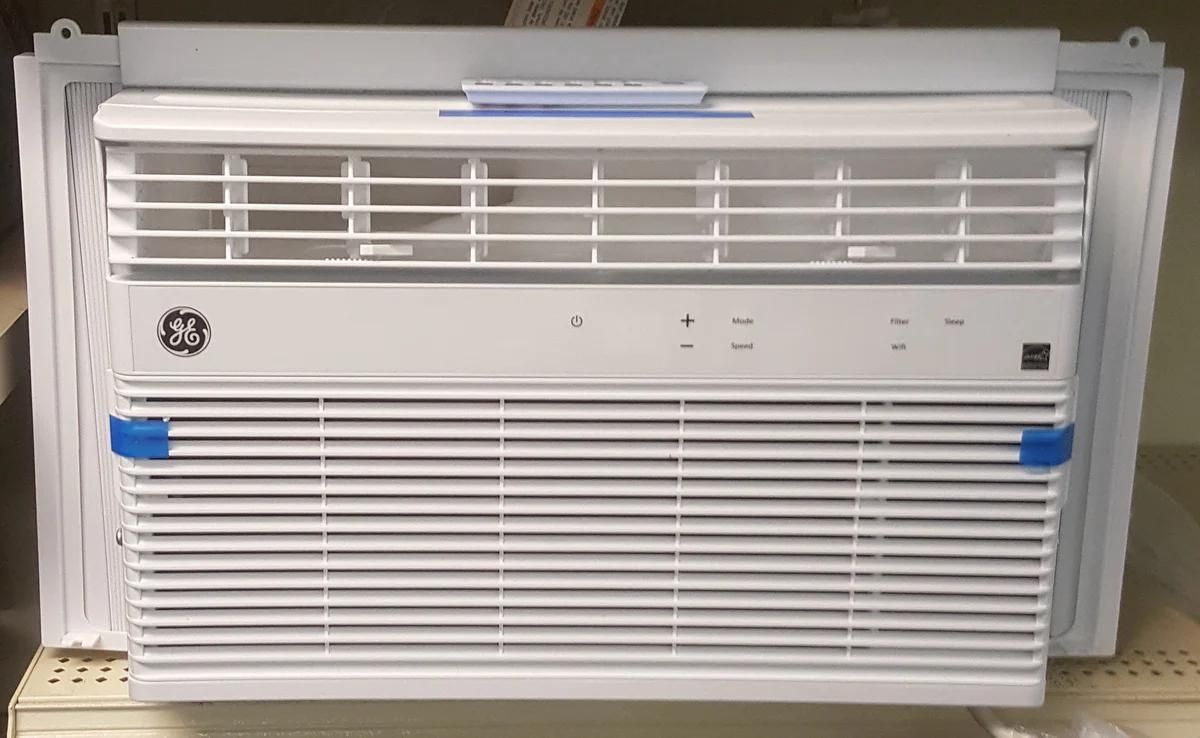
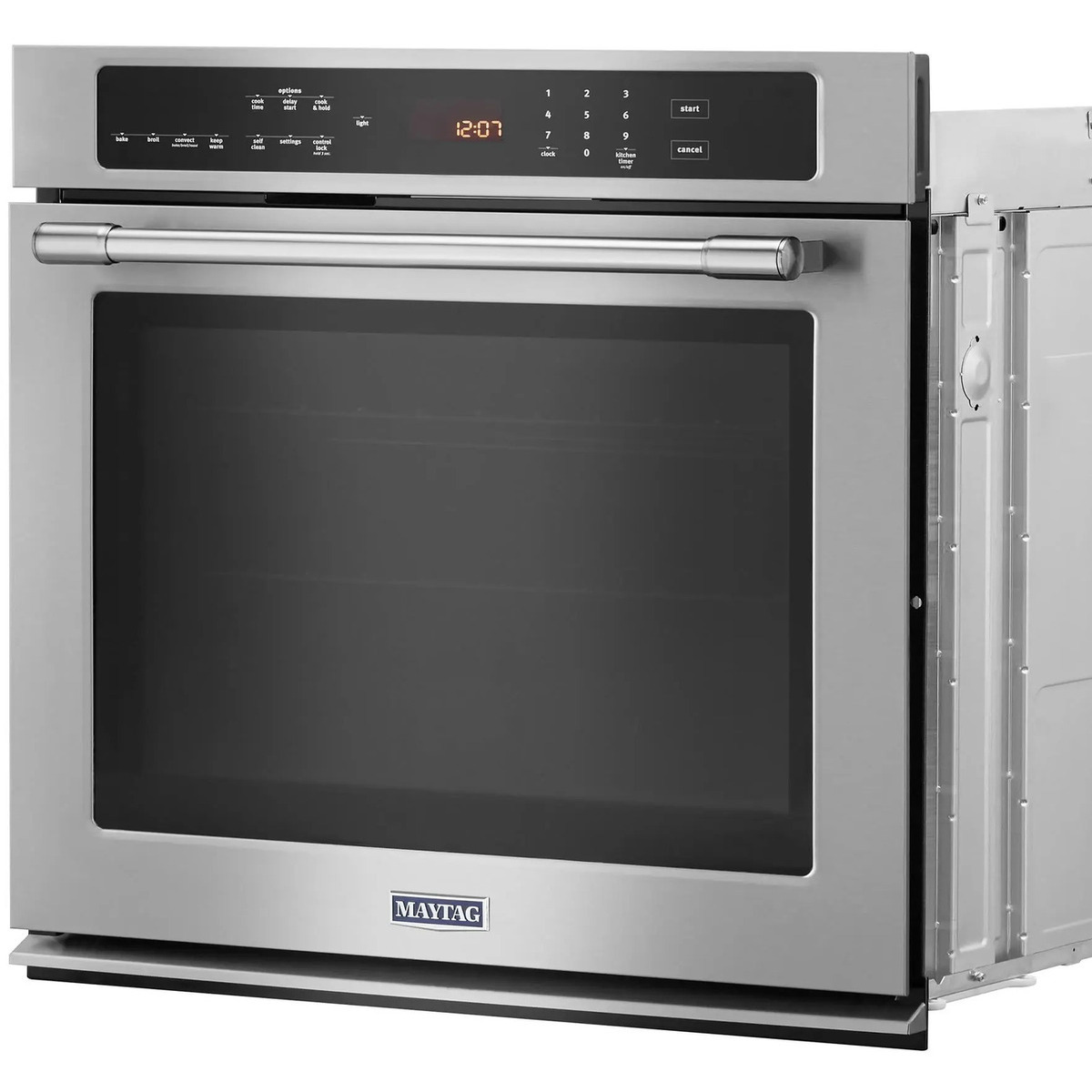
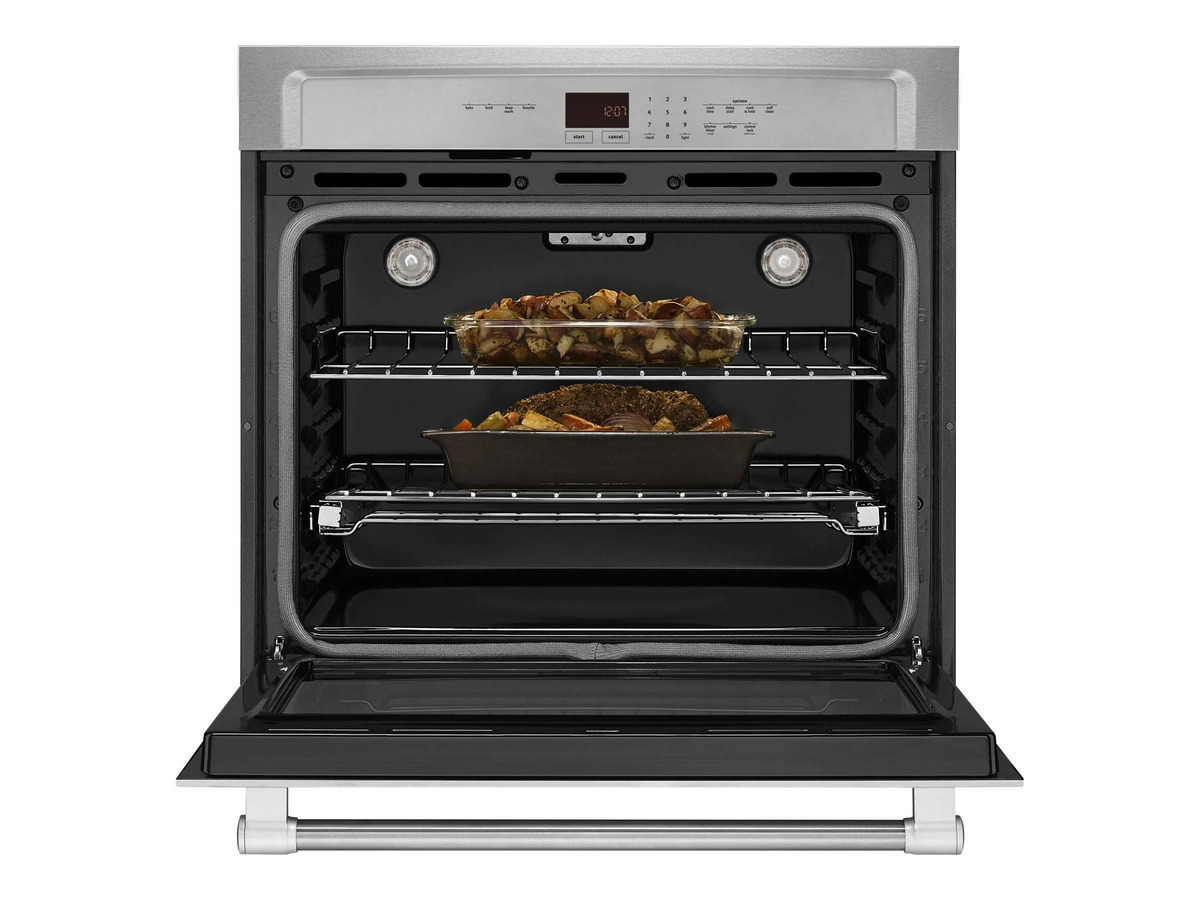


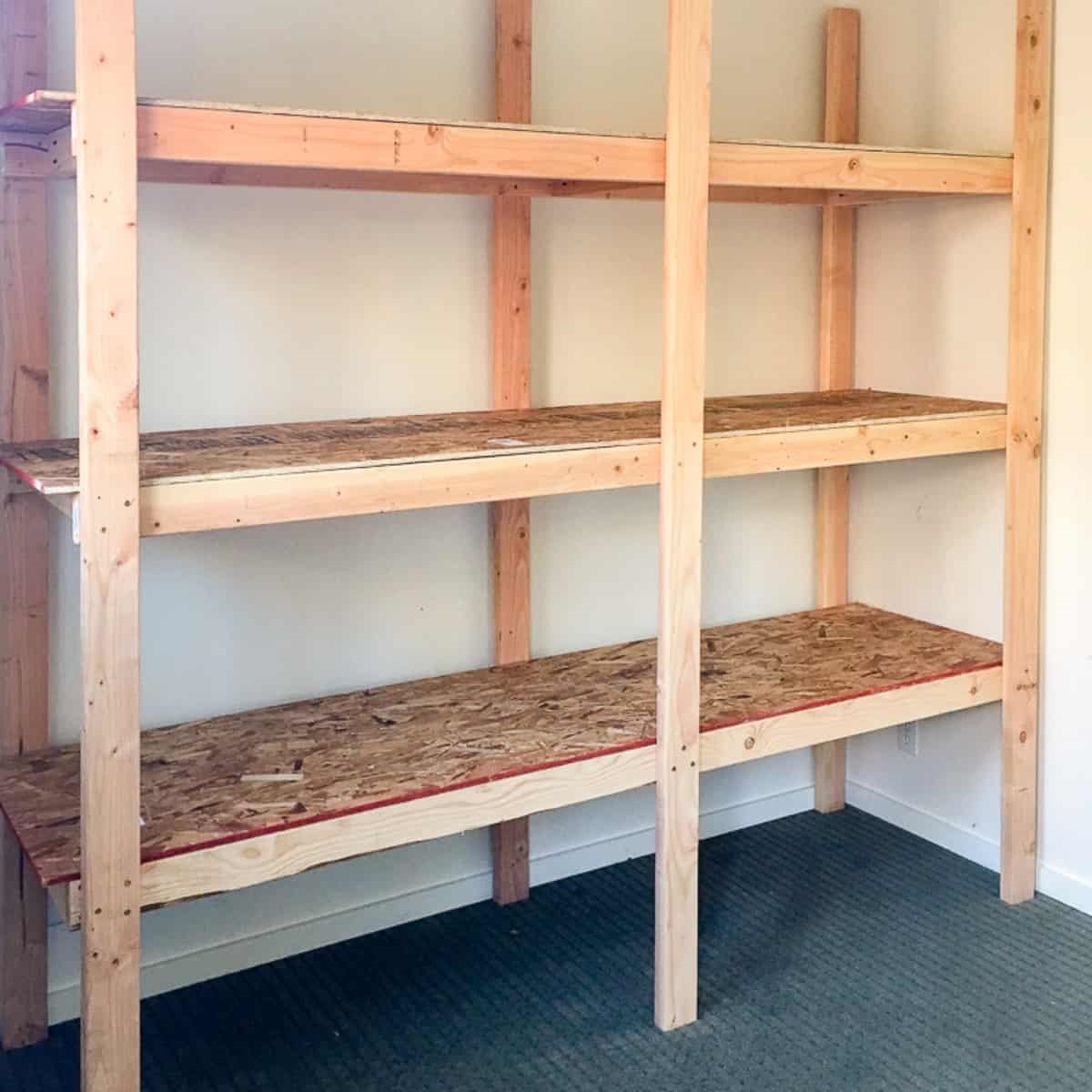

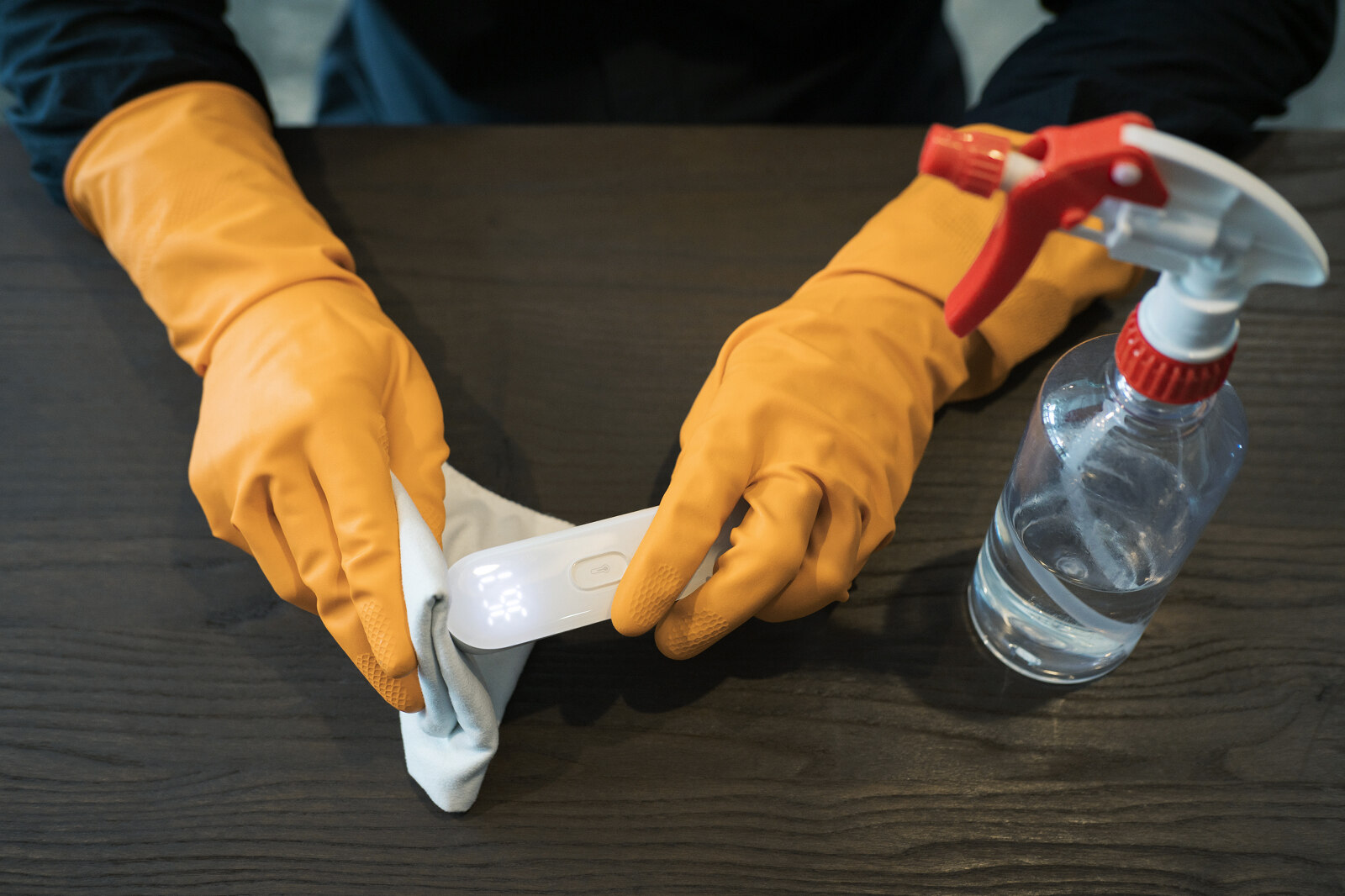

0 thoughts on “Hard Water Could Be Sabotaging Your Laundry—Here’s How To Fix It”